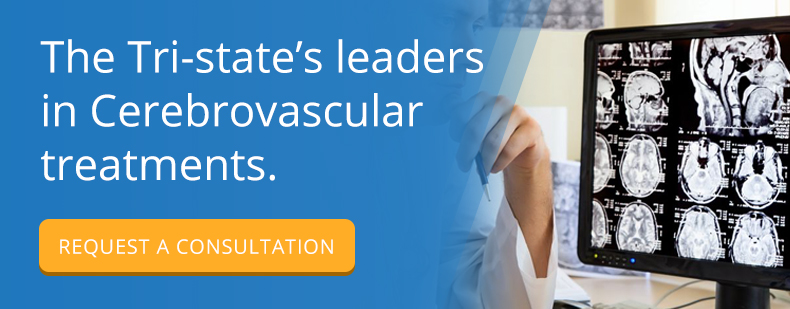Choosing any doctor requires some research. When it comes to selecting a surgeon for your arteriovenous fistula surgery, though, you need to make sure you vet the professionals in your area so you can choose someone who matches your needs perfectly.
Before you receive any medical treatments for your AVF, read the following suggestions so you will know how to choose a doctor who is right for you.
Find Out How Much Experience the Surgeon Has
Few things matter more than how much experience a doctor has treating your condition. When exploring the doctors near you, it’s crucial to ask them how many years of experience they have conducting arteriovenous fistula surgeries.
Whether you’re talking to a doctor or doing research online, get information that tells you how much experience he or she has with arteriovenous fistula surgery. More often than not, a surgeon who has practiced for several years will know how to give you the best treatment.
Choose a Doctor Who Specializes in Endovascular or Cerebrovascular Conditions
Of course, you don’t necessarily have to choose the surgeon who has the most experience. Young doctors who specialize in surgical treatments for endovascular and cerebrovascular conditions get a lot of experience within short amounts of time.
Dr. Dorothea Altschul is an example of a young physician whose specialization has helped her gain a tremendous amount of experience within relatively few years. After completing a vascular neurology fellowship at Harvard Medical School in 2008, she went on to train specifically in neuro-related endovascular techniques at the Columbia College of Physicians and Surgeons in New York.
These opportunities introduced her to the latest treatment options for arteriovenous fistula and related conditions. Since she only works in these areas, she has an expertise that few doctors can match.
Learn About Each Doctor’s Professional Qualifications
Experience obviously matters, but you can learn a lot about surgeons by asking about their professional qualifications. Two of the most common qualifications for doctors who perform brain surgery include FACS (Fellow of the American College of Surgeons) and FAANS (Fellow of the American Association of Neurological Surgeons). You may also encounter FAHA surgeons who are Fellows of the American Heart Association.
These professional qualifications show that a surgeon’s colleagues recognize him or her as a leading authority treating cerebrovascular conditions. When you find someone with one or more of these qualifications, you know you have discovered a true professional who knows how to do the job well.
Look for a Doctor Who Emphasizes Patient-Focused Care
You have probably met doctors who seem to care more about treating conditions than working with patients. Unfortunately, some doctors forget that their jobs are also to be empathetic and understanding of their patient.
In some cases, surgery isn’t the best way to treat arteriovenous fistulas. Depending on the specific nature of your condition, you may get excellent results from catheter embolization. This process involves inserting a small amount of glue into your blood flow correctly.
Doctors concerned about patient-focused care will perform tests and explore options to make sure you get the treatment that works best for you. For instance, the doctor may want to perform a computerized tomography angiogram (CTA) or a magnetic resonance angiography (MRA) to learn more about your condition and determine how to treat it.
Surgeons shouldn’t take the same approach for every patient. You’re an individual with unique needs. You deserve a doctor who understands this.
Talk to Doctors About How They Build Relationships With Patients
Knowing that you have to undergo arteriovenous fistula surgery can create a lot of stress and anxiety. Finding a doctor who’s interested in building relationships with patients can help minimize unwanted feelings that many people experience leading up to the procedure.
When you meet with a doctor, you should feel comfortable with that person. After all, he or she may need to perform surgery on you in the near future. If you don’t have a deep sense of trust for your surgeon, then you may have a lot of doubts before the procedure.
Your doctor should also make himself or herself available to you after you receive surgery. Depending on the type of treatment you receive, it could take three weeks for you to recover. During this time, you will need to avoid some strenuous activities. You may also need to take medication to minimize any pain or discomfort that you feel after your surgery. A doctor who stays in contact with you can make sure you’re following directions correctly and progressing as expected.
Once you find a doctor who meets these criteria, you will probably feel more optimistic about your upcoming procedure. Any type of surgery can make patients feel worried. When you have a trustworthy doctor with plenty of experience and the right credentials, though, you can rest assured that you will receive a treatment that puts you back on the path to good health.


